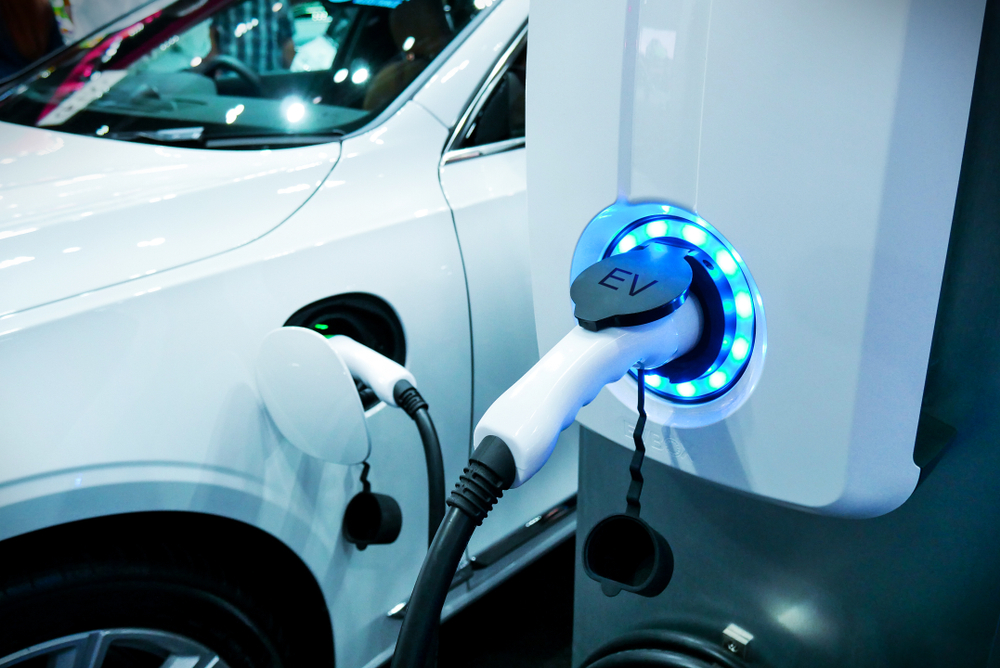
A recent meeting of leaders from the labor, environmental, auto manufacturing, and political sectors of Michigan sought to discuss electric vehicles (EVs) and their place in the future of the auto-heavy state as well as the United States.
With United Auto Workers (UAW) predicting electric vehicles to dominate at least half the U.S. vehicle market by 2040, the need is there, but the shape of the future is cooperative. Meeting at IBEW Local 58 this week, leaders from various groups worked towards a united view of EVs and the role their industries would have in making them affordable and convenient. These included environmental groups like the BlueGreen Alliance, Sierra Club and the National Resources Defense Council, labor organizations such as the UAW-Ford Department, United Steel Workers, and the IBEW, as well as U.S. Rep. Debbie Dingell.
“We worked hard in recent negotiations to secure good paying jobs for Ford workers (making internal combustion engine vehicles),” Jeff Faber, panelist and UAW-Ford Department Research Analyst-Futurist, said. “We need to do more to secure EV production jobs of the future.”
Dingell also stressed the need for unity, as well as to reduce reliance on fossil fuels. Customers need financial incentives, she noted, and industry needs to get to building a supporting infrastructure for EVs.
With almost 30 percent of U.S. carbon emissions produced by the transportation industry, the shift to EVs could also bring massive, positive change for the environment. Yet EVs remain stymied, panelists noted, by lack of education, national safety standards on charging station installation and a resulting number of charging stations, cost for residential installers, a general lack of awareness regarding financial incentives for the new technology and opposition from the politically powerful fossil fuel industry.